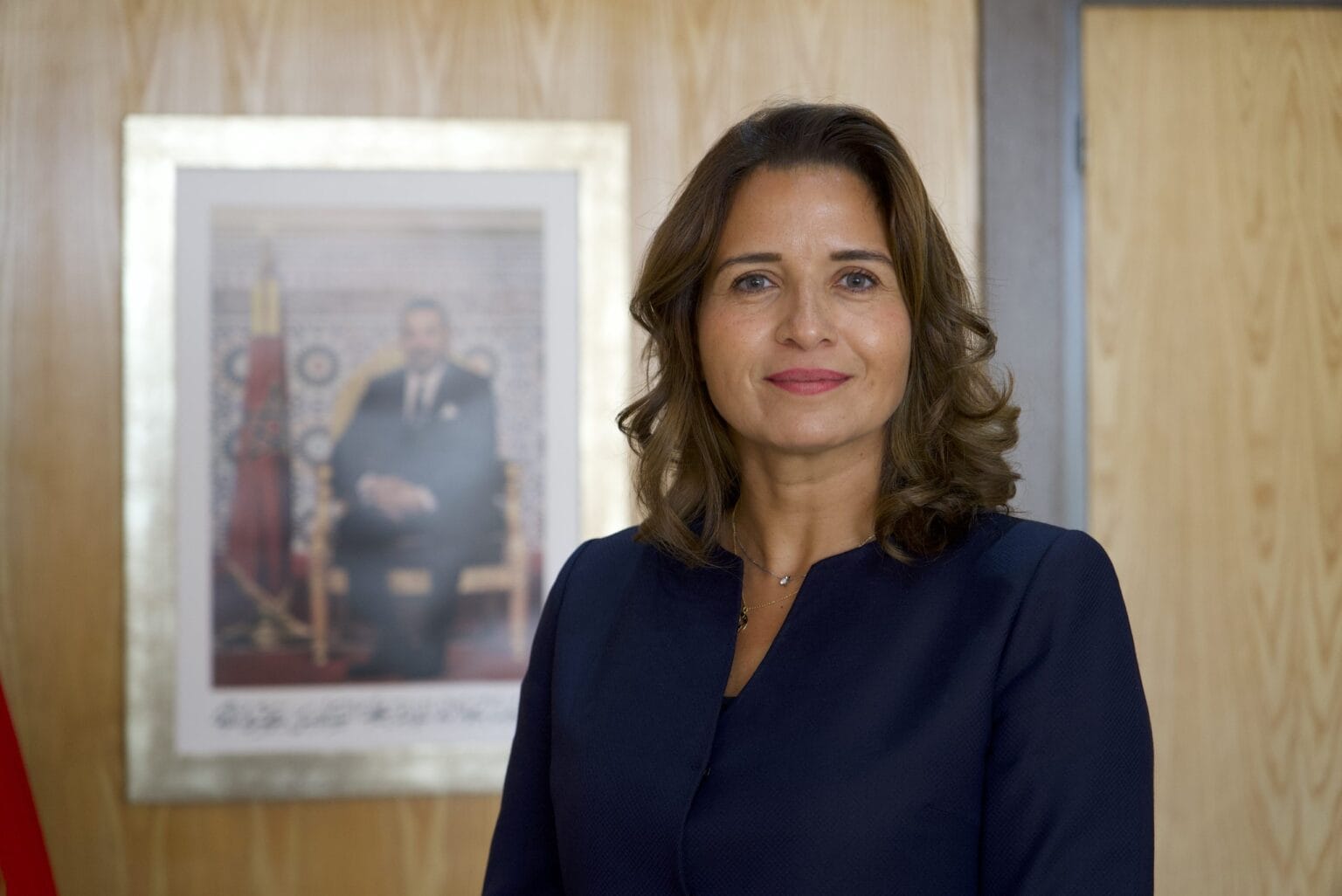During a meeting organized by the Lafqui Titouani Foundation, the Minister of Energy Transition and Sustainable Development, Leïla Benali, provided an uncompromising assessment of the delays faced by Morocco in the energy and mining sectors. According to her, these strategic areas have suffered from nearly twenty years of institutional inertia, hindering their development and adaptation to contemporary challenges.
### A Structural Delay with Heavy Consequences
The minister particularly emphasized the stagnation of energy reforms, citing the case of natural gas. “The first roadmap for natural gas was developed in 2004, well before the closure of the pipeline linking Morocco to Algeria. Yet, twenty years later, we are still suffering the consequences,” she explained.
Upon taking over the ministry in October 2022, she claims to have inherited a critical situation: 20% of electricity supply was threatened due to the conflict in Ukraine and rising demand. She also pointed out the lack of investments in the national electrical network, which she believes has been neglected since 2002.
### An Ambitious Revival of Renewable Energies
In the face of these challenges, Ms. Benali assures that her department has initiated a rapid transformation dynamic. In two years, the number of licenses granted for renewable energy projects would have increased fifteenfold, while annual investments in the sector would have risen from 1.5 billion to 6 billion dirhams between 2023 and 2024. The pace of job creation would also have accelerated significantly, increasing elevenfold. At the same time, investments to modernize the electrical network have been multiplied by five.
The minister also denounced the lack of structuring in the mining sector and the shortcomings in environmental governance. “The absence of a coherent legislative framework and the deficiencies in public policies have severely undermined the sector’s credibility,” she emphasized.
### Towards Strengthened Energy Sovereignty
In the hydrocarbons sector, Ms. Benali highlights an increased liberalization of the market, accompanied by a significant rise in investments. The number of distributors has increased from 19 to 35, and more than 600 new gas stations have emerged, generating 3,500 jobs.
She concluded her remarks by stressing the urgency for Morocco to design and implement its own energy strategies, without relying on external decisions. Her goal: to combine ecological transition and economic efficiency while eliminating the blockages that have hindered the sector’s development for too long.


